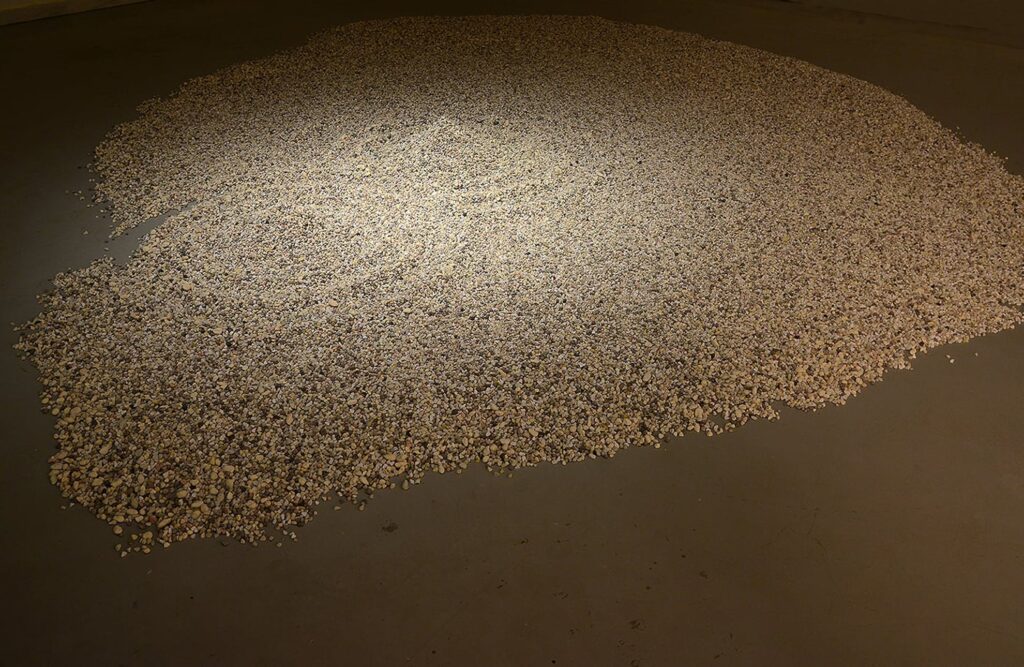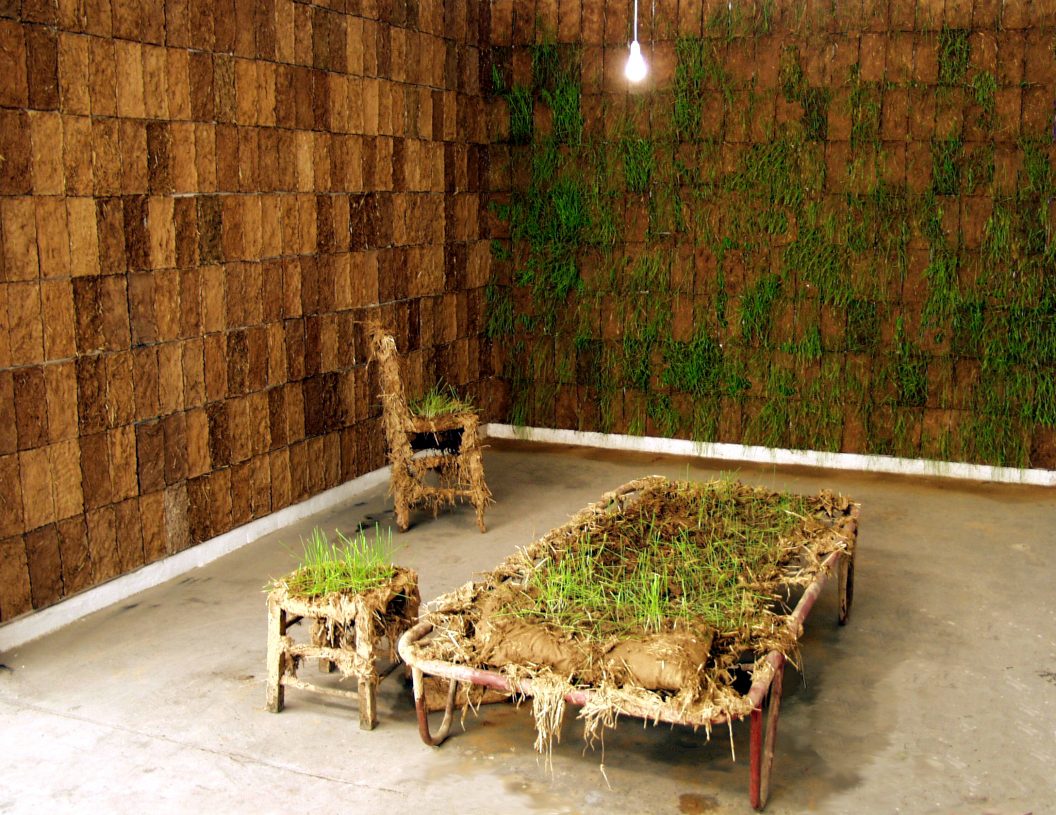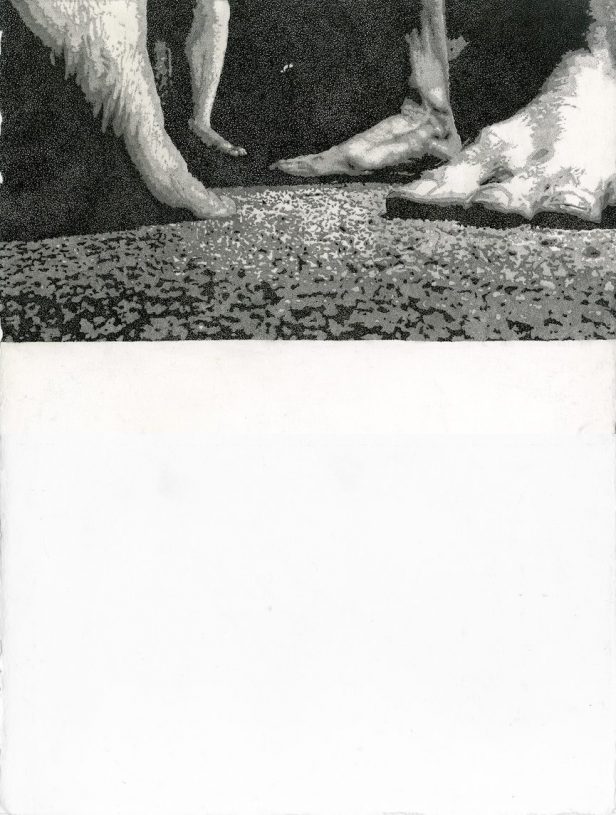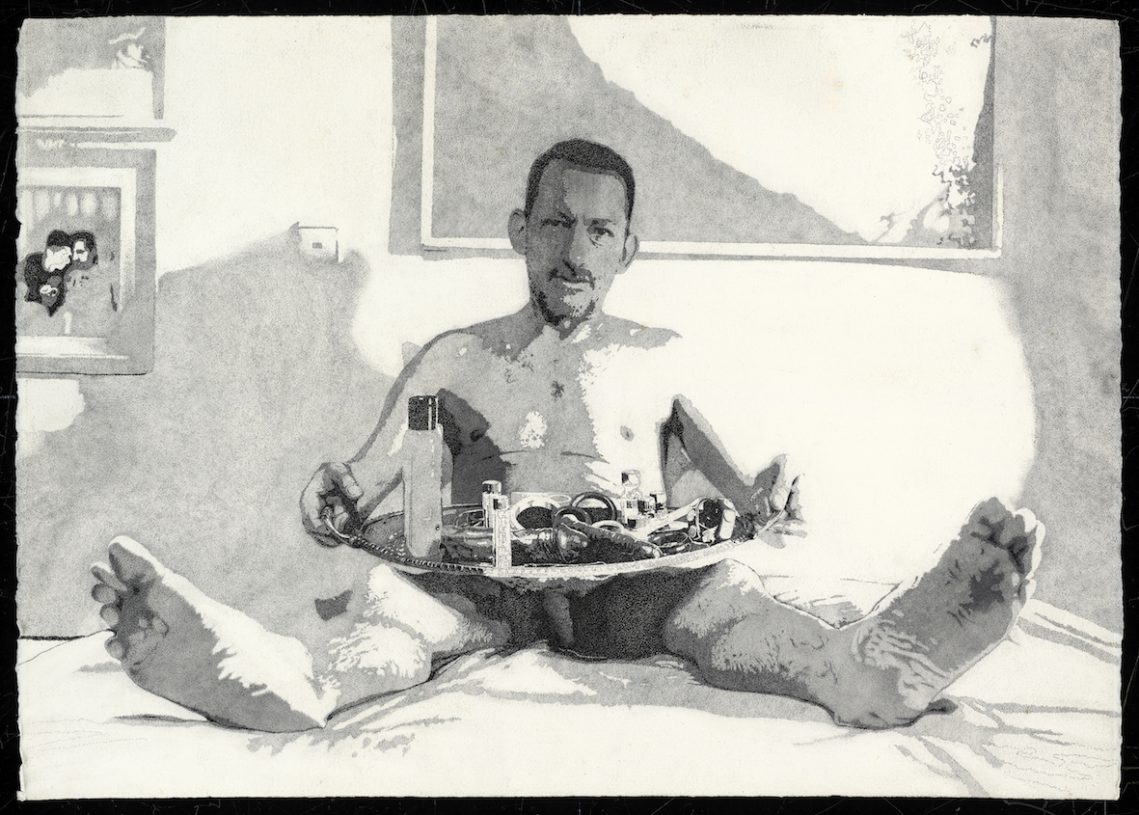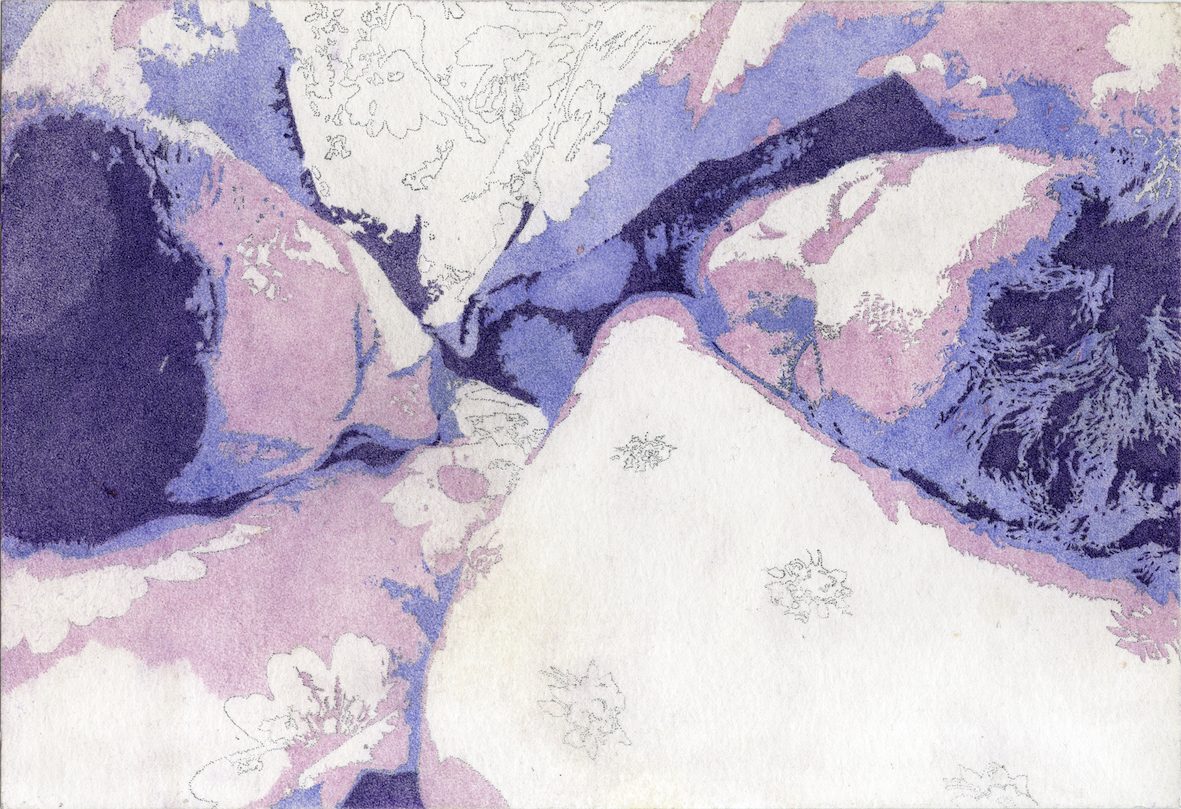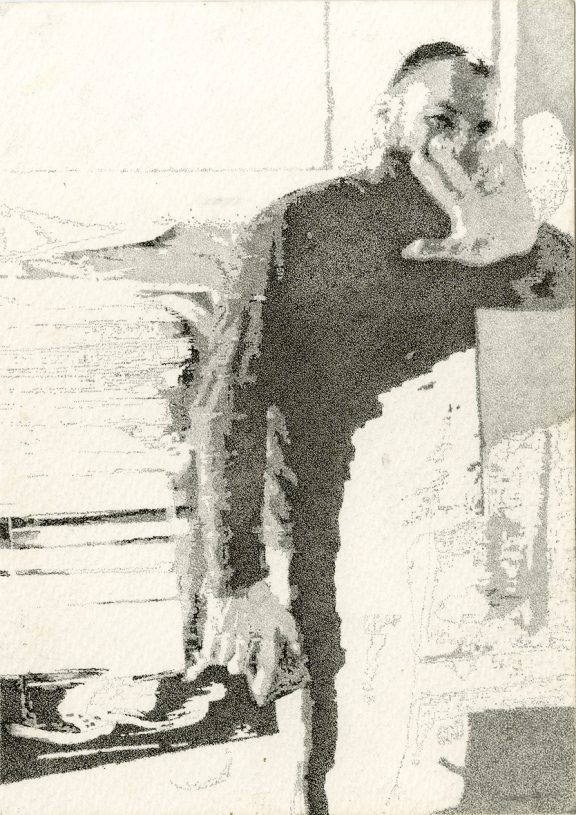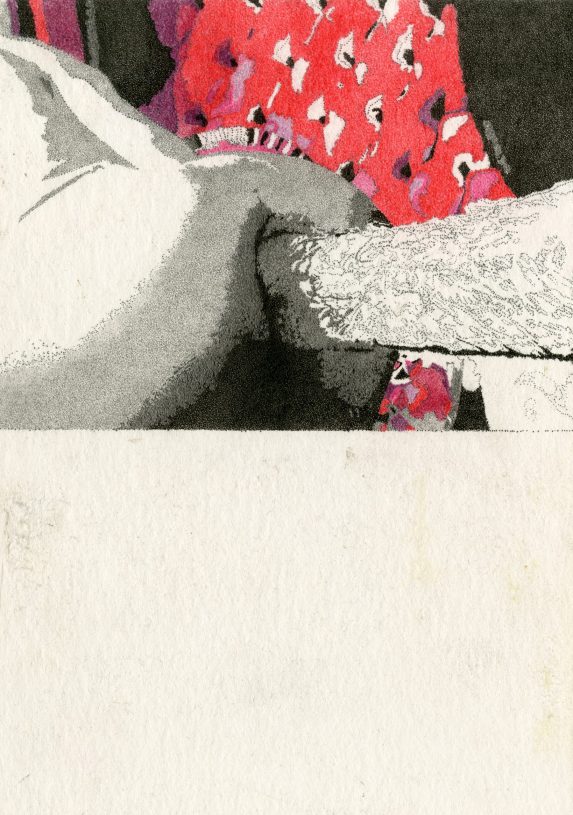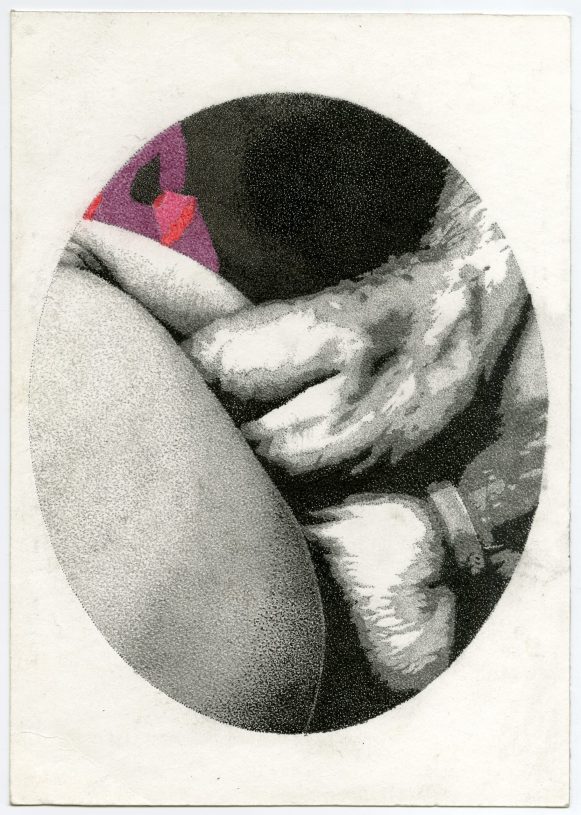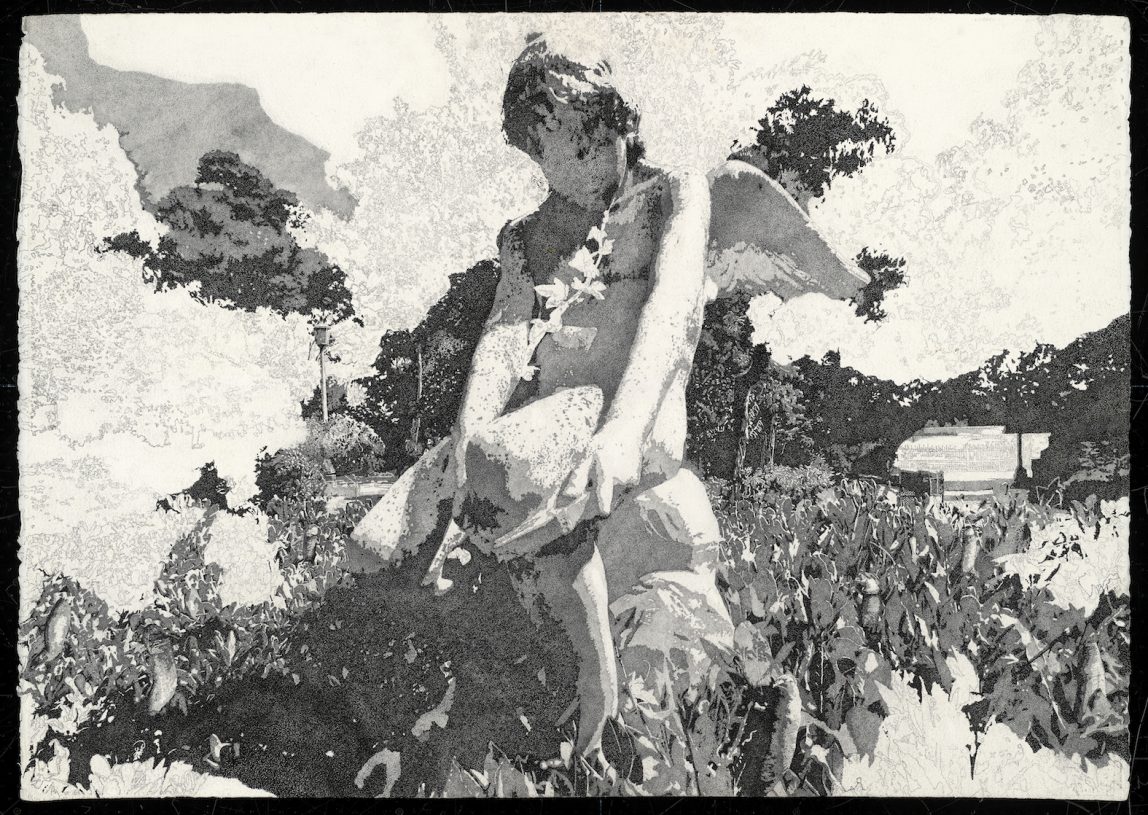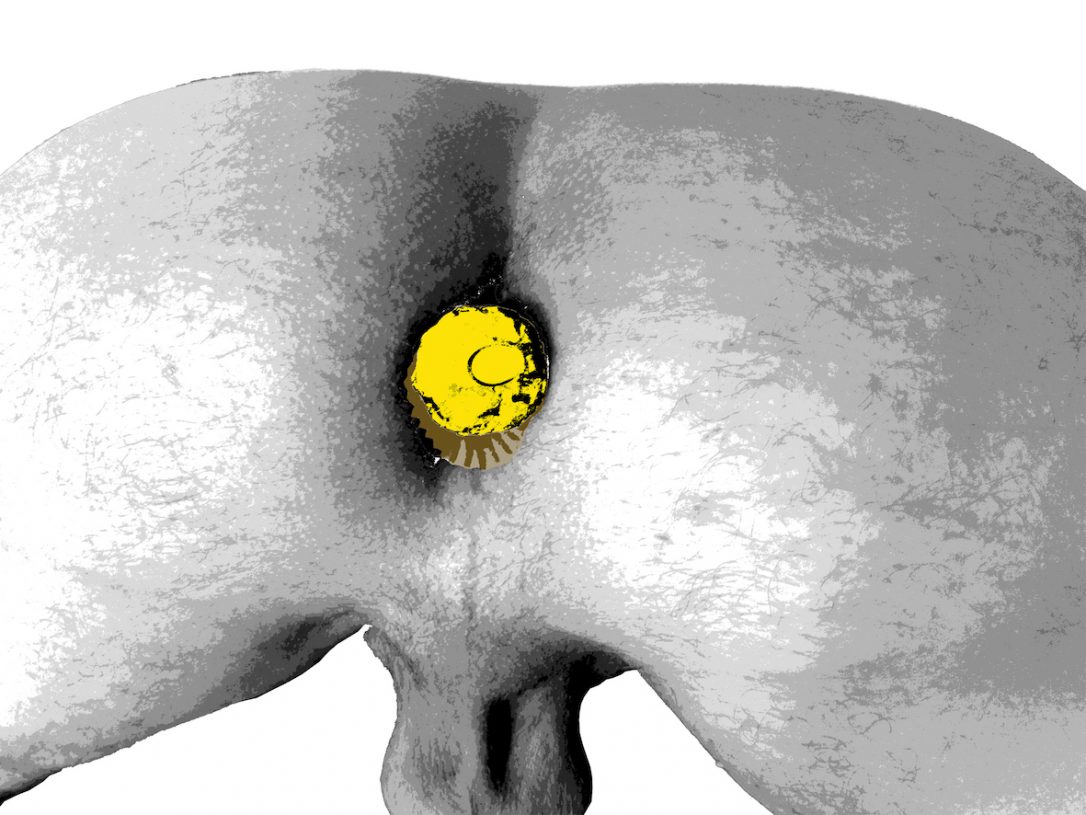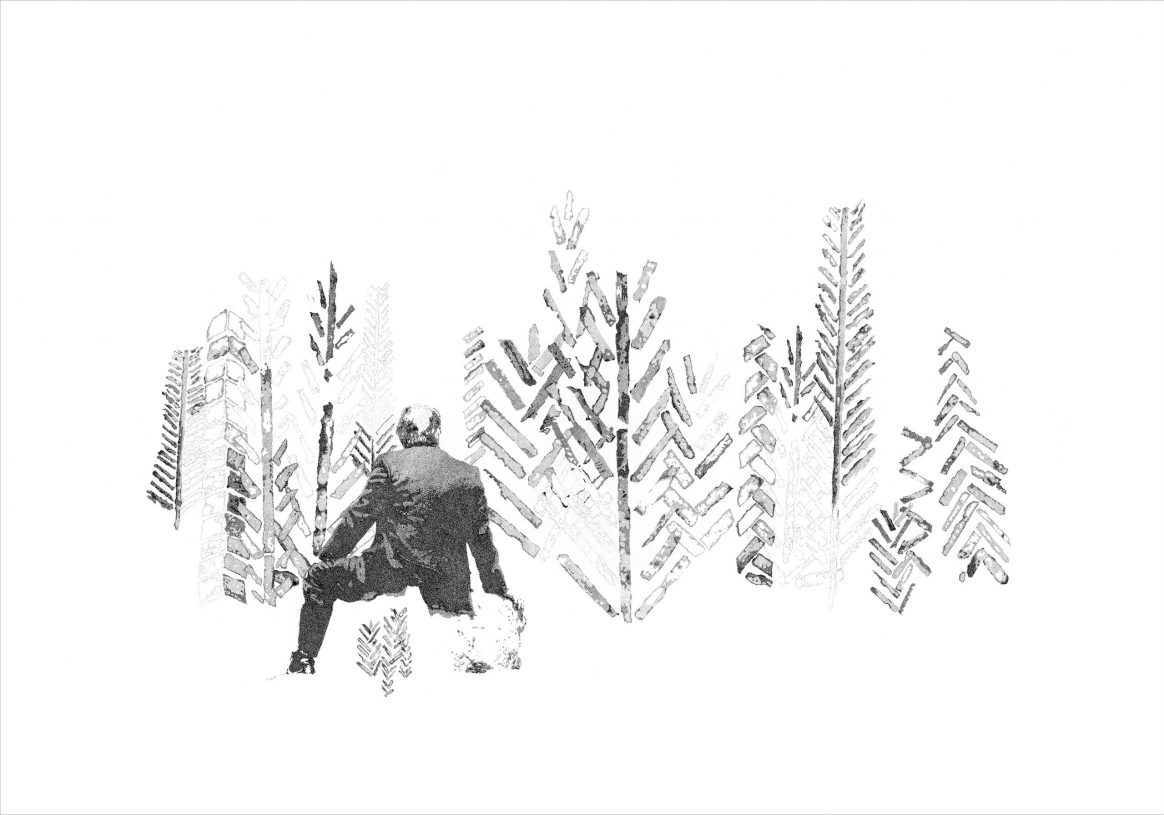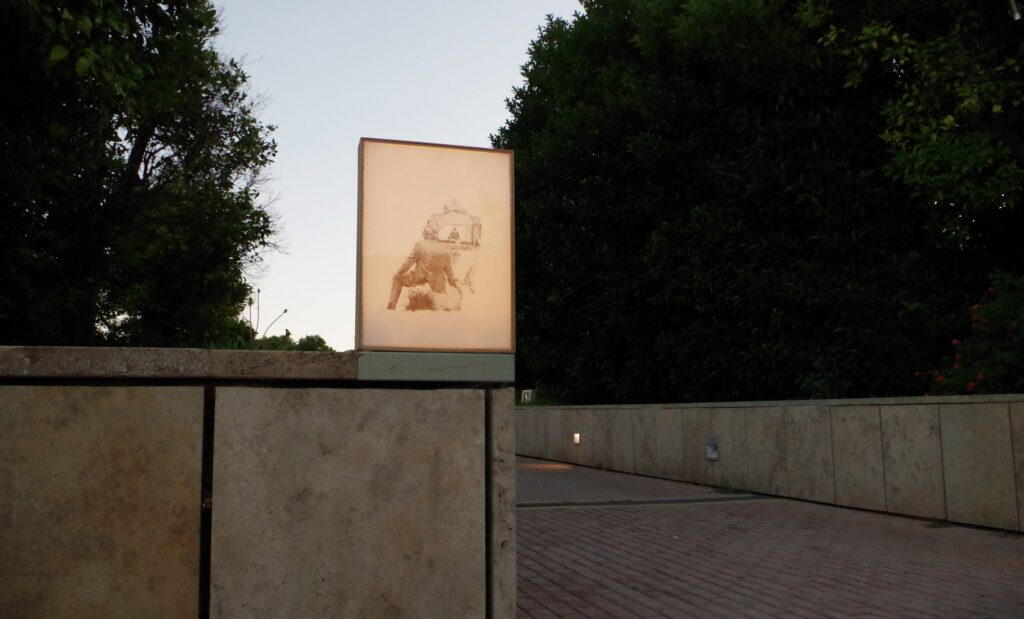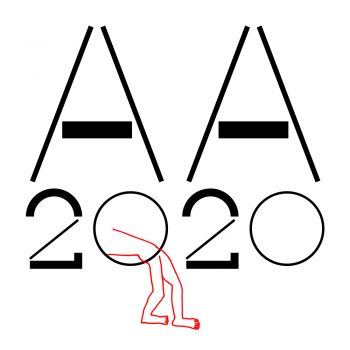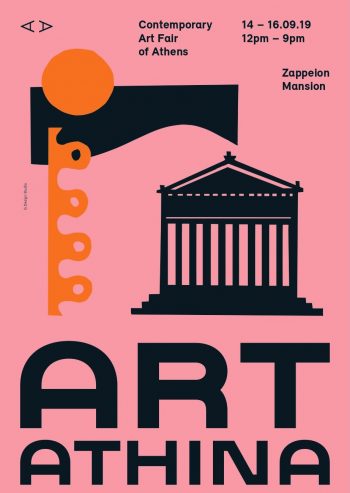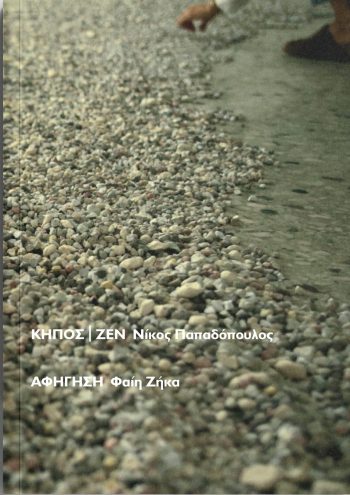Nikos Papadopoulos
about
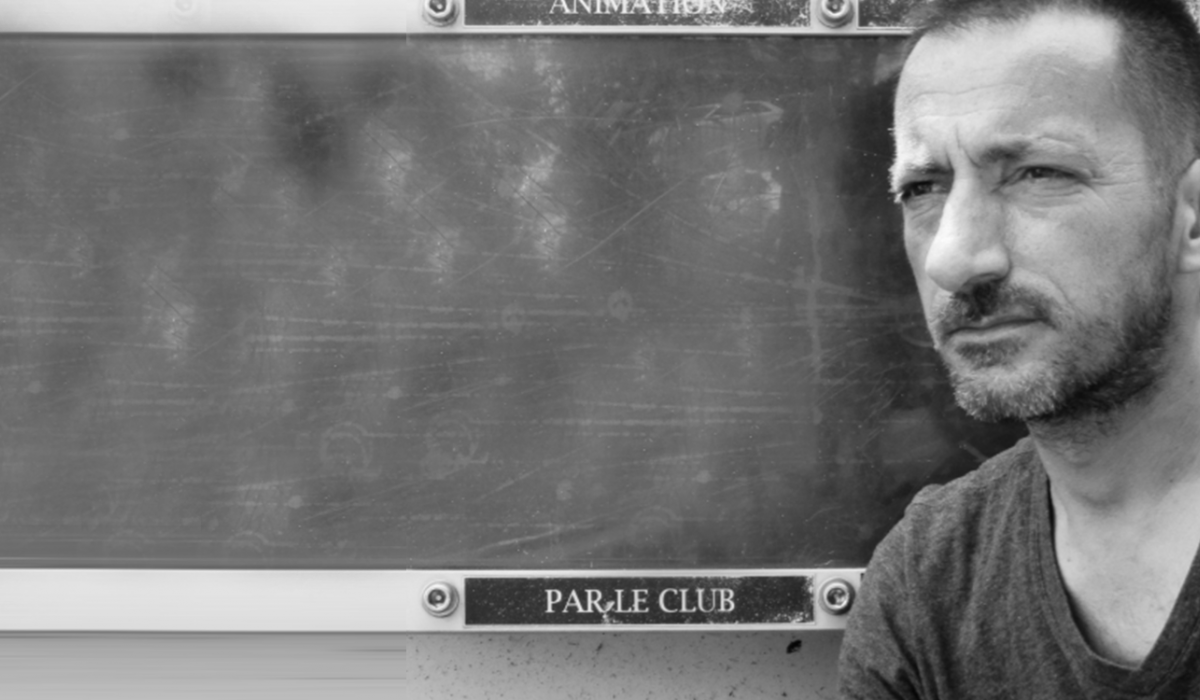
Nikos Papadopoulos was born in 1970. He lives and works in Athens. He has studied painting at the Athens School of Fine Arts (1998-2003). In 2010 he obtained a postgraduate degree in Fine arts from the same institution. Since 2000 he has been a member of the Filopappou group. He has also studied nursery and has worked as a nurse for eleven years in a few hospitals of Athens.
exhibitions
publications
press
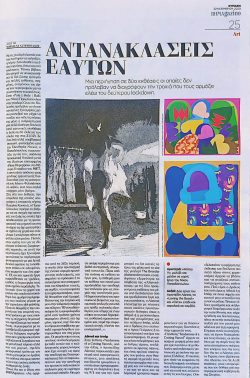
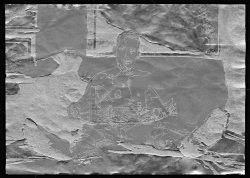

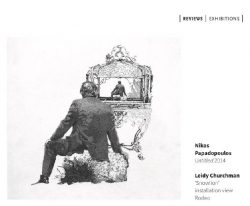
Some of the most pressing questions Greek artists find themselves asking are how to negotiate the legacy of Greek Antiquity in the present moment
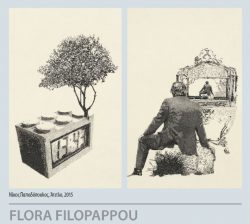

Five questions to Greek artists in order to capture the domestic art scene
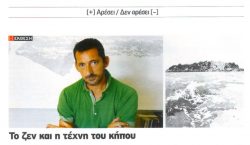
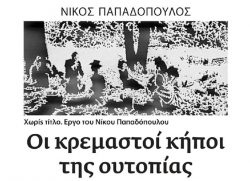
videos
The hourly radio show for the visual arts is based on the “retransmission” of voices of important Greek visual artists and art historians whose speech and ideas formed the identity of the modern Greek art scene. Katerina Zacharopoulou’s show, THE AGE OF IMAGES, on ERT, will host 16 emblematic personalities of the art scene, while at the same time 8 guest artists from the younger generation will comment on the “voices” of the former.
The narratives are accompanied by music and songs with the intention of illuminating the feeling in which the works of art, the people and their time were and are expressed.
Research-Production-Presentation: Katerina Zacharopoulou
The show hosts the visual artist Nikos Papadopoulos on the occasion of his current solo exhibition, POLE I HOLE I BALL, a semantic game between geometric shapes and parts of the male body. Katerina Zacharopoulou leads the discussion gradually from the beginning of his childhood in Igoumenitsa, the city where he was born, his entry into nursing and his departure to deal with the art in which he holds a special place. Reference is made to the great work of “Flora Filopappou – A journey from the city of rocks in the garden” which started from the moment that N. Papadopoulos decided to walk on the Filopappou hill with his favorite dog. Over time, this daily walk became for the artist a personal journey of search and research. He became an archaeologist-botanist, located the plants and tried to record how they got there through a long journey. The materials and techniques he used, pencils, paper, digital images, paper pulp, are also a central topic of discussion.
Flora Filopappou: a Journey from the City of Rocks to the Garden
Organized by National Bank of Greece Cultural Foundation (MIET)
Scientific curatorial by Fay Zika
Eynard Mansion, Athens, May 2018,
Pikionis Pavillion, Athens, July 2018
The exhibition is the outcome of an eight-year research project which presents the landscape changes that occurred on the Filopappou Hill οr “The City of Rocks”, as it was previously named. The research was based on the methodology of archaeological excavation, but, instead of digging with an axe, it followed the journeys of the plants which inhabit the hill today.
The everyday walks of the artist with his dog motivated this research which was later transformed into an interdisciplinary artistic endeavor, to which botanists, archaeologists and theorists contributed their knowledge. The whole venture ranges chronologically between America’s discovery and the current image of the hill. America’s discovery is highlighted since, when new species of plants and animals were discovered on that continent, the image of the Garden of Eden was redefined; and the contemporary image of the hill, for featuring the characteristics of a garden where the notion of a persistent landscape is undermined, revealing how it was never the same.
The archive material, the drawings and installations collaborate in order to “implant” into the mind of viewer concepts and politics related to globalization which, in this context, is illuminated by the movement and transfer of the plants.The exhibition have been showed initially in Athens in two different places. At the Eynard Mansion that belongs to the Cultural Foundation of the National Bank of Greece (MIET) and at the Pikionis Pavillion (in the heart of Filopappou hill) during 2018.
At the Pikioni’s Pavillion with the subtitlte: Flora Filopappou: a journey from the city of rocks to the garden, In Situ, the exhibition established a bridge between the actual site of research (Filopappou Hill) and the cultural centre of MIET. In order to follow the exhibition, viewers can walk around the hill themselves, follow Pikionis’s footpaths to the monument, and see the artistic material derived from research and displayed at the Eynard Mansion , as the two shows were running in parallel.
The artist originally creates an artist’s Book which illustrates his bibliographic and iconographic toolkit. He then develops a number of wall-mounted and three-dimensional reconstructions of this material. These compositions form a poetic representation of the world’s long-standing human policy towards the flora. In the Artist’s Book and the wall-drawings made by pencil or pen, the artist creates detailed, dot-by-dot depictions, transmitting a sense of a rediscovered pointillism. Papadopoulos’ dot alludes to the grain of the photographic film, the digital pixel or the spike of the printer –a persistent hands-on approach to the meditative creative process, in contrast to the mechanical processes of the operation of his own hand. Through this particular drawing practice, the artist transforms natural objects into images, transferring to paper those elements which he selects as important. The use of empty space is not accidental but acts as a natural source of light that illuminates the artworks from within.

